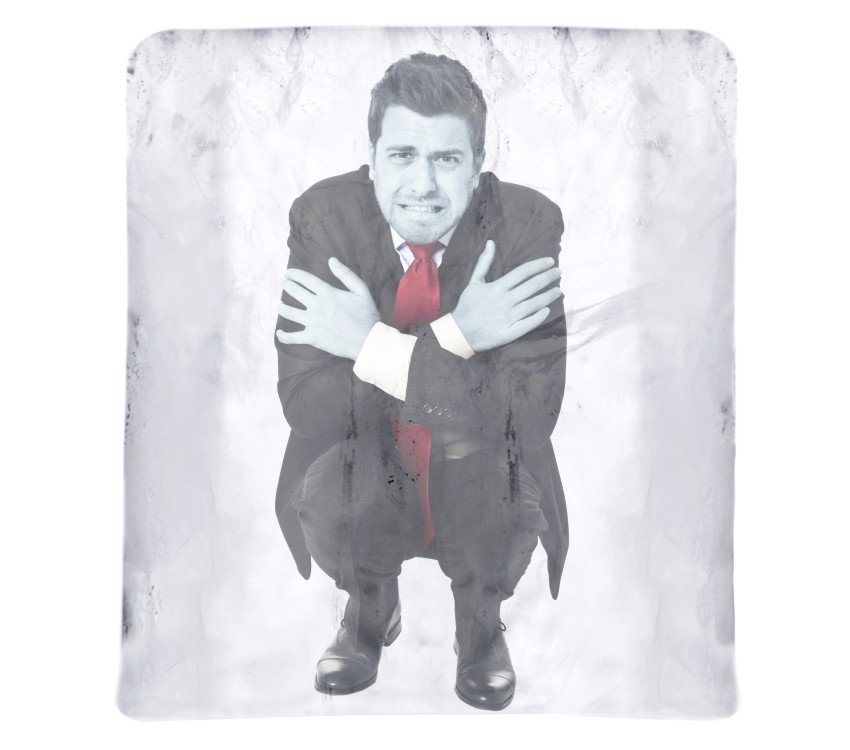

If you asked identity theft victims whether they would have preferred to protect themselves before or after their information was stolen, there’s a good chance they would opt for “before.” Take, for instance, the story of Dawn Higgins, of Arlington, VA.
This week, The Daily Times of Salisbury, MD reported the devastating effects of identify theft on Higgins’s finances. She had purchased rental property in another state and entrusted the property management to friends. Unbeknownst to her, these “friends” bought 5 houses for themselves – worth $700,000 – on her credit and then defaulted on the loans. Higgins was entirely unaware of this until she was turned down for a loan on a house for herself. So far, straightening out this ordeal has cost her $150,000 (including $20,000 in lawyer fees).
Unfortunately, Virginia – where Higgins lives – is not one of the 25 states that allow consumers to “freeze” their credit. If Higgins had had that option and had chosen to freeze her credit as a preventive measure, her credit file would have been locked, making it impossible for the wayward property managers to take out loans or open credit accounts in her name without her permission.
Of course, Higgins would have had to be particularly credit-conscious in making the preemptive decision to freeze her credit after her initial purchase. But shouldn’t it be up to consumers whether they want to take that extra measure of security?
New credit-freeze legislation sounds like – and is – a great step toward helping consumers protect themselves better from identity theft and account takeover. Still, some consumers opting to freeze their credit may find the path tricky, if not impossible.
Some states that do allow credit freezes don’t allow just any consumer to freeze his or her credit (to date: Hawaii, Kansas, South Dakota, Texas and Washington state). In those states, only consumers who can provide evidence of identity theft are permitted to freeze their credit. The first evidence of identity theft sometimes surfaces as a mortgage loan fraudulently taken out in your name, Higgins’s case being a perfect example. However, by the time such credit fraud is discovered, the genie is out of the bottle.
For a freeze to be a truly effective preventive measure, it would have to be employed on-and-off between the start of every new credit line you open.
Those who oppose credit freezing (often lenders, credit bureaus and businesses) say that it’s too inconvenient for the consumer. They argue that the up-to three-day waiting period for a temporarily “thaw” limits consumer “freedom.” Instant credit at retail stores or the purchase of a cell phone on your lunch break would be out of the question. Supporters of credit freezing, such as Connecticut Attorney General Richard Blumenthal, argue that it certainly presents an element of inconvenience, but “so does a fire alarm or an air bag or a safety belt.” Isn’t protection worth some inconvenience?
Yes, a credit freeze can be inconvenient. However, identity theft can be devastating. Consumers like Dawn Higgins, burned by the current lack of options for credit protection, would surely have been willing to trade some convenience for an extra measure of security.
Originally posted at Credit.com.









